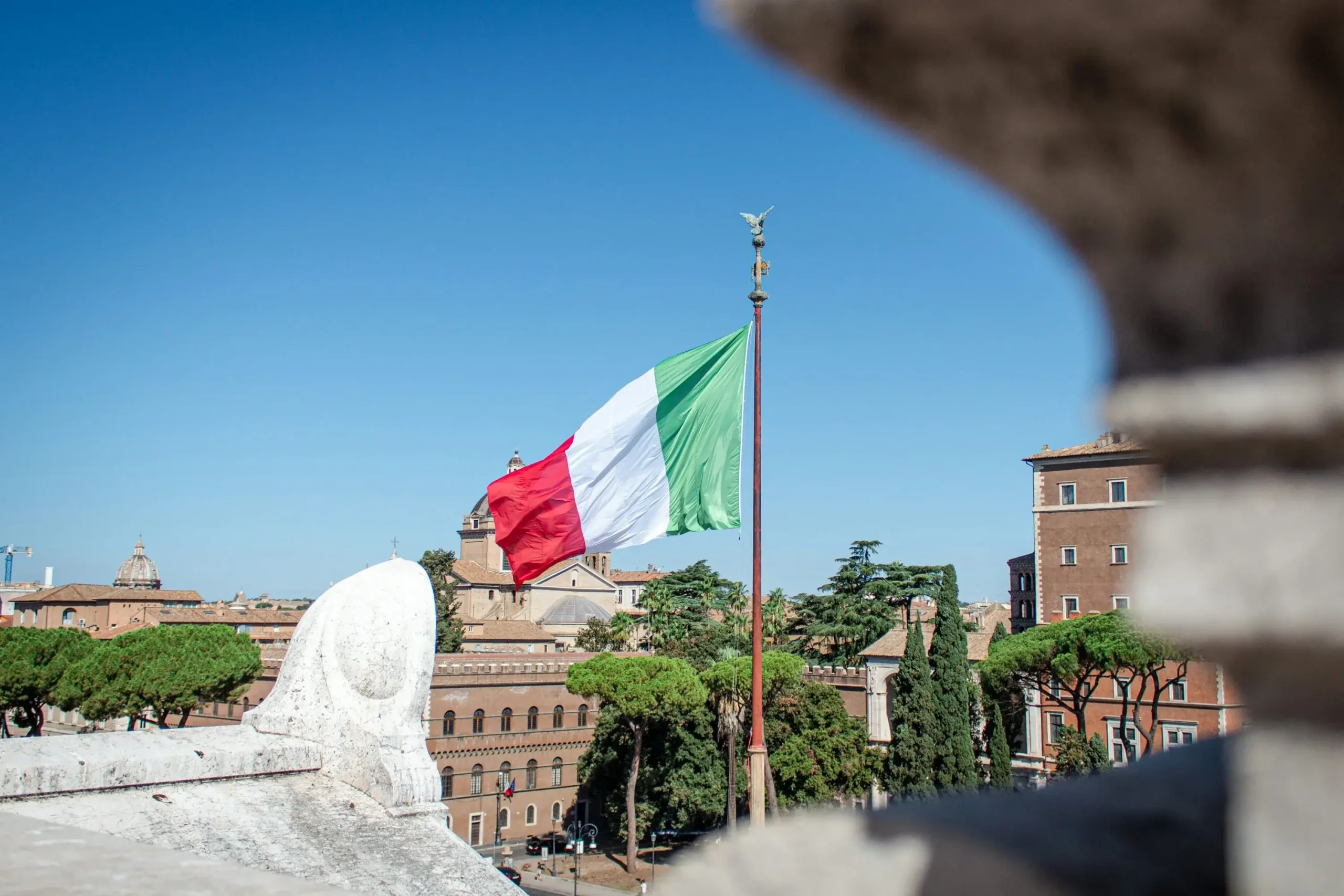Italy Moves to Reduce Proposed Crypto Tax Hike to 28%
13.11.2024 12:00 1 min. read Kosta Gushterov
Italy's government has revised its proposed cryptocurrency capital gains tax increase, lowering it from 42% to 28%.
This move, backed by the League, a coalition partner of Prime Minister Giorgia Meloni, aims to maintain Italy’s appeal to crypto investors and businesses.
The original 42% tax increase, part of the 2025 economic plan, had raised concerns about the country’s competitiveness in the global crypto market. Industry leaders argued that a lower tax would better attract crypto-related businesses, including blockchain and digital asset trading. The revised 28% rate is closer to the current 26% capital gains tax, potentially easing the tax burden on investors.
Additionally, Forza Italia, another coalition partner, has proposed completely eliminating the tax hike, while the League’s amendment calls for a working group to improve crypto tax transparency and investor education.
Globally, governments are also ramping up crypto regulations. In Kenya, the Revenue Authority has increased efforts to track and tax unregulated crypto transactions, while South Africa is enhancing its monitoring and tax capabilities.
-
1
House Clears Path for Landmark Crypto Bills: Vote Set for Thursday
17.07.2025 9:15 2 min. read -
2
Australia Tests CBDCs in 24 Separate Real-World Finance Use Cases
10.07.2025 19:00 2 min. read -
3
U.S. House Passes Sweeping Clarity and GENIUS Acts
17.07.2025 23:29 1 min. read -
4
Senate Confirms Crypto-Linked Nominee Jonathan Gould to Head OCC
11.07.2025 9:00 2 min. read -
5
U.S. Regulators Define Crypto Custody Rules for Banks
15.07.2025 9:00 1 min. read
Nigeria Signals Greenlight for Stablecoin Innovation Under New Regulatory Vision
Nigeria is taking a decisive step toward embracing stablecoin adoption, as the country’s Securities and Exchange Commission (SEC) outlined its readiness to support digital currency innovation—under clear regulatory conditions.
South Korea Urges Asset Managers to Limit Exposure to Crypto Stock Like Coinbase,MicroStrategy
South Korea’s top financial watchdog has issued informal guidance urging local asset managers to scale back their investments in crypto-related stocks, according to a Korean Herald report.
SEC Reverses Bitwise ETF Approval Just Hours After Greenlight
In a surprising move on Tuesday, the U.S. Securities and Exchange Commission (SEC) initially approved Bitwise’s proposal to convert its cryptocurrency index fund into a full-fledged exchange-traded fund (ETF)—only to halt the decision just hours later.
Senate Republicans Unveil Crypto Market Bill to Expand CLARITY Act
Senators Tim Scott, Cynthia Lummis, Bill Hagerty, and Bernie Moreno (R-OH) have released a discussion draft of a new digital asset market structure bill—framed as the Senate counterpart to the CLARITY Act.
-
1
House Clears Path for Landmark Crypto Bills: Vote Set for Thursday
17.07.2025 9:15 2 min. read -
2
Australia Tests CBDCs in 24 Separate Real-World Finance Use Cases
10.07.2025 19:00 2 min. read -
3
U.S. House Passes Sweeping Clarity and GENIUS Acts
17.07.2025 23:29 1 min. read -
4
Senate Confirms Crypto-Linked Nominee Jonathan Gould to Head OCC
11.07.2025 9:00 2 min. read -
5
U.S. Regulators Define Crypto Custody Rules for Banks
15.07.2025 9:00 1 min. read


